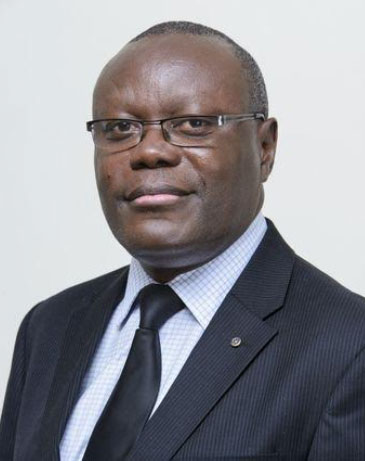
URBRA made a total of 16 recommendations, of which 13 were adopted by Parliament and incorporated into the new law
COMMENT | MARTIN A. NSUBUGA | The enactment of the NSSF (Amendment) Act 2021, came as a New Year Gift, not only for members of NSSF, but for all who had been following the two-year debate. Politicians breathed a sigh of relief.
For many, the celebration on January 2, 2022 was centred around the provision allowing members mid-term access to their accrued savings – if they attain the age 45 and have saved for ten years.
Speaker, Jacob Oulanyah said, “today, I will breathe. I have been receiving phone calls and messages from the workers of this country. Parliament has delivered on what it should do for qualifying workers to have midterm access to their accrued NSSF benefits. Congratulations!”
The Chairman General of the National Organization of Trade Union, Usher Owere said in a tweet, “Indeed this is the gift of New Year 2022. God bless,”
As everyone awaits – with bated breath – the implementation of the mid-term access provision, there are other provisions that members ought to know, and, how they apply to accessing retirement benefits.
During the two-year legislative process of the NSSF Amendment Bill, the Uganda Retirement Benefits Regulatory Authority (URBRA) made a total of 16 recommendations, of which 13 were adopted by Parliament and incorporated into the new law.
Key among those were proposals addressing governance issues such as: putting a cap on the tenure of the Board; refusal of NSSF to lend directly to government; refusal to tax members’ benefits at the time of payment; refusal to cap the levy paid to the regulator in the NSSF Act but rather apply the cap for other schemes as well, by amending the URBRA Regulations that prescribe the levy; putting a cap on the tenures of the Managing Director and the Deputy Managing Director; appointment of the Corporation Secretary by the Board of Directors; making the Managing Director an ex-officio member of the Board without voting rights. No doubt, members will benefit greatly from a fund that’s clearly aligned with conventional governance principles.
However, there were proposals that directly impacted on the benefits paid out to a member, especially where circumstances forced them to exit NSSF before contributing for four financial years.
The NSSF Act (Cap222) stipulated that should a member emigrate from Uganda or join excepted employment, they would not qualify to receive the employer’s contribution unless they had saved with the fund for four financial years. In other words, the member would forfeit the portion of their savings contributed by the employer, which would be retained in the Fund’s reserve account, and the exited member would never have a chance to access those savings.
In the interest of protecting members’ retirement benefits, URBRA advocated for the deletion of those provisions from the law.
In preventing savers from accessing the portion contributed by the employer, the law was bonding employees to one employer for a minimum of four years – which was disadvantageous. Moreover, when an employer contributes 10% of one’s emoluments to the fund, it technically belongs to the employee and is credited to the employee’s account.
Given that the employer contributes 10% while the employee contributes 5% of monthly income, under the old law, any exiting member would forfeit the bigger chunk of their retirement benefits.
Hence, in the NSSF (Amendment) Act 2021, savers can be sure to access their full benefits, whenever they cease being members of the fund, under the circumstances prescribed by the law. No doubt, the amended law gives hope to members who would otherwise have been bound.
One wonders whether this would apply to those who ceased to be members before the NSSF (Amendment) Act was enacted. Can they claim the portion of their employers’ contribution which was retained in the NSSF reserve account?
They will not claim, because the law does not apply retrospectively. Be that as it may, URBRA and other sector stakeholders continue to advocate for the interests of savers and their beneficiaries and work towards a secure and dignifying retirement.
*****

Martin A. Nsubuga is the Chief Executive Officer (CEO), Uganda Retirement Benefits Regulatory Authority (URBRA)
 The Independent Uganda: You get the Truth we Pay the Price
The Independent Uganda: You get the Truth we Pay the Price


